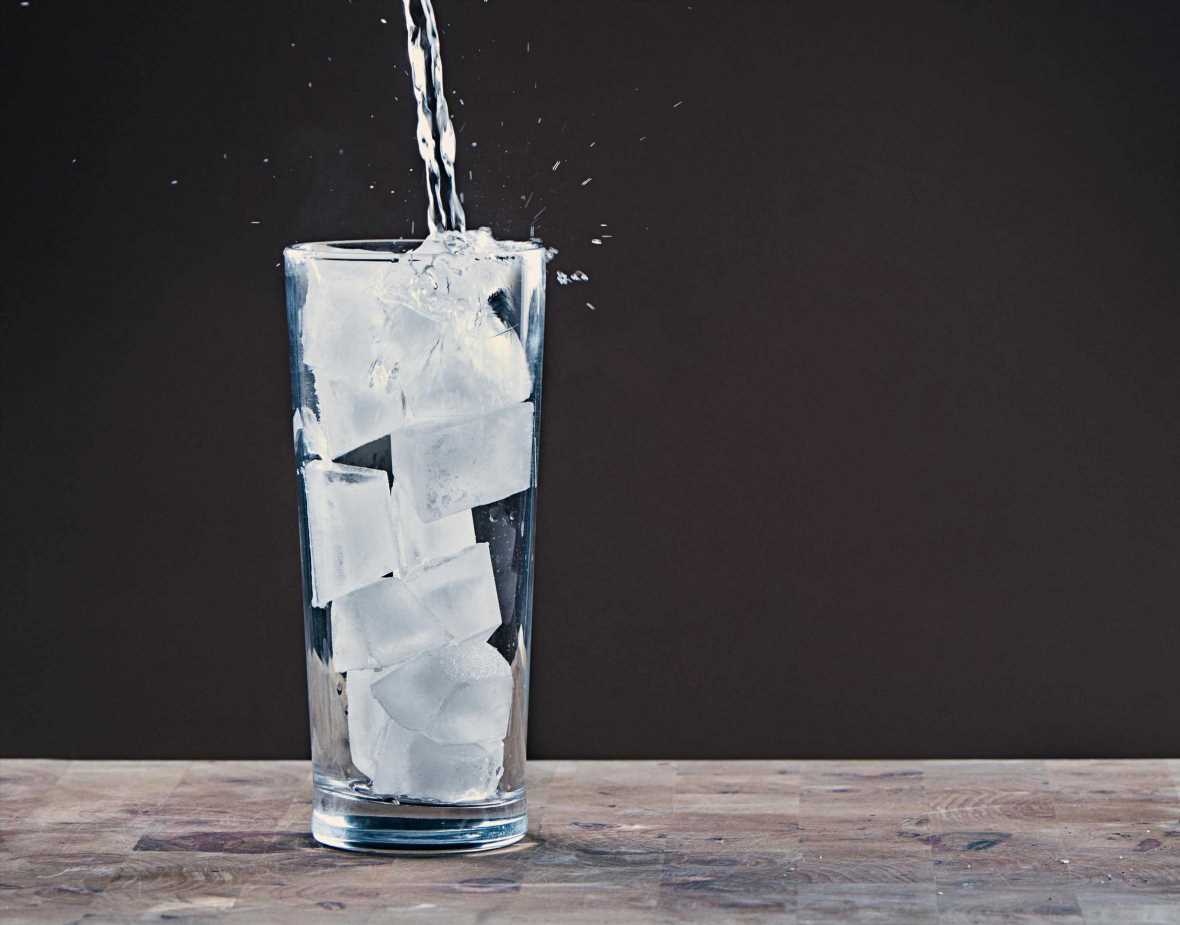WITH temperatures hitting 34C this week, an ice cold drink will go down a treat.
But a dentist has warned against chewing on ice cubes, which could end up in a hefty bill.
Matthew Cooke, Associate Professor of Pediatric Dentistry and Anesthesiology, revealed why you should never crunch ice with your teeth.
Apart from being irritating to those around you, if it becomes a habit, chewing ice could cause a number of problems.
Prof Cooke, of University of Pittsburgh Health Science, said parents and adults often ask if it is safe to chew ice.
Writing in The Conversation, he said: “No matter the cause, it's a habit worth breaking.
Read more on heat warnings
Heatwave warning to men as soaring temperatures raise risk of health problem
Urgent warning to parents cooling their kids off in the garden in the heatwave
“Chewing ice is bad for your oral health, and if you're unlucky, it may eventually cost you or your parents an expensive trip to the dentist or orthodontist.”
Chewing ice can cause cracks in the enamel of the teeth, Prof Cooke said, which can make your teeth more sensitive.
It could also fracture or break parts of the tooth, causing a hole that could lead to tooth decay.
People who have fillings, crowns, veneers, use braces or a retainer are more prone to tooth damage if they chew ice.
Most read in Health
‘MIRACLE CURE’ 
Hope for millions as NHS approves new pill that clears eczema in a week

The telltale signs your child is at risk of growing up to be an alcoholic

New Covid variant warning as BA.5 strain can reinfect you after just 4 weeks

Urgent heat health warning issued in parts of UK as parents told keep kids inside
“Depending on the severity of the problem, the repair may require anything from a simple filling to a root canal – a more serious procedure requiring anesthesia,” Prof Cooke said.
You wouldn’t think it, but chewing ice could even be a sign of a mental health condition in rare circumstances.
When someone can’t stop compulsively eating ice, it’s known as “pagophagia”.
Pagophagia is sometimes seen in people with iron deficiency anemia, when the blood does not have enough healthy red blood cells, Healthline explains.
Scientists do not know why, but it's theorised crunching ice is a symptom reliever, sending more oxygen to the brain in those suffering symptoms like fatigue.
Pagophagia can also be the result of pica – an eating disorder which compels people to eat things that are not considered food, such as ice, dirt, dust or hair.
Eating disorder charity Beat says: “For a diagnosis of pica, the behaviour must be present for at least one month, not part of a cultural practice, and developmentally inappropriate.
“It may be more likely to occur alongside pregnancy, iron deficiency anaemia, autism, intellectual developmental disorders, depression, OCD and schizophrenia.”
How can you stop eating ice?
There are several ways to kick this habit, says Prof Cooke.
Read More on The Sun
Exact code to spot when £650 cost of living payment lands in your bank account
I’m a size 30 and proud – fat isn’t a bad word to me, I know I’m a total babe
He suggests:
- Melt cubes in your mouth: Instead of crunching ice cubes, try holding them in your mouth and letting them melt. The satisfying cool sensation and refreshment will last longer. And it won't damage your teeth or gums.
- Stop consuming ice: You can also skip the ice altogether. If it's not in your glass, there's no temptation. In addition to preventing damage to your teeth, you may also avoid the bacteria that can linger in icemakers.
- Consider softer alternatives: Replacing regular cubes with softer types of ice, such as shaved ice, may help. Try to limit or avoid flavored soft ices, however, because they have lots of sugar, which is bad for your teeth.
- Chomp on something healthier: Eating raw carrots, sliced apples or other crisp fruits and vegetables could help. Those foods can satisfy the craving to crunch, while stimulating the flow of saliva, which protects your mouth. The fibrous material may also help keep your teeth clean.
We pay for your stories!
Do you have a story for The Sun news desk?
Email us at [email protected] or call 0207 782 4104. You can WhatsApp us on 07423 720 250. We pay for videos too. Click here to upload yours
Click here to get The Sun newspaper delivered for FREE for the next six weeks.
Source: Read Full Article





